Spirit Mound
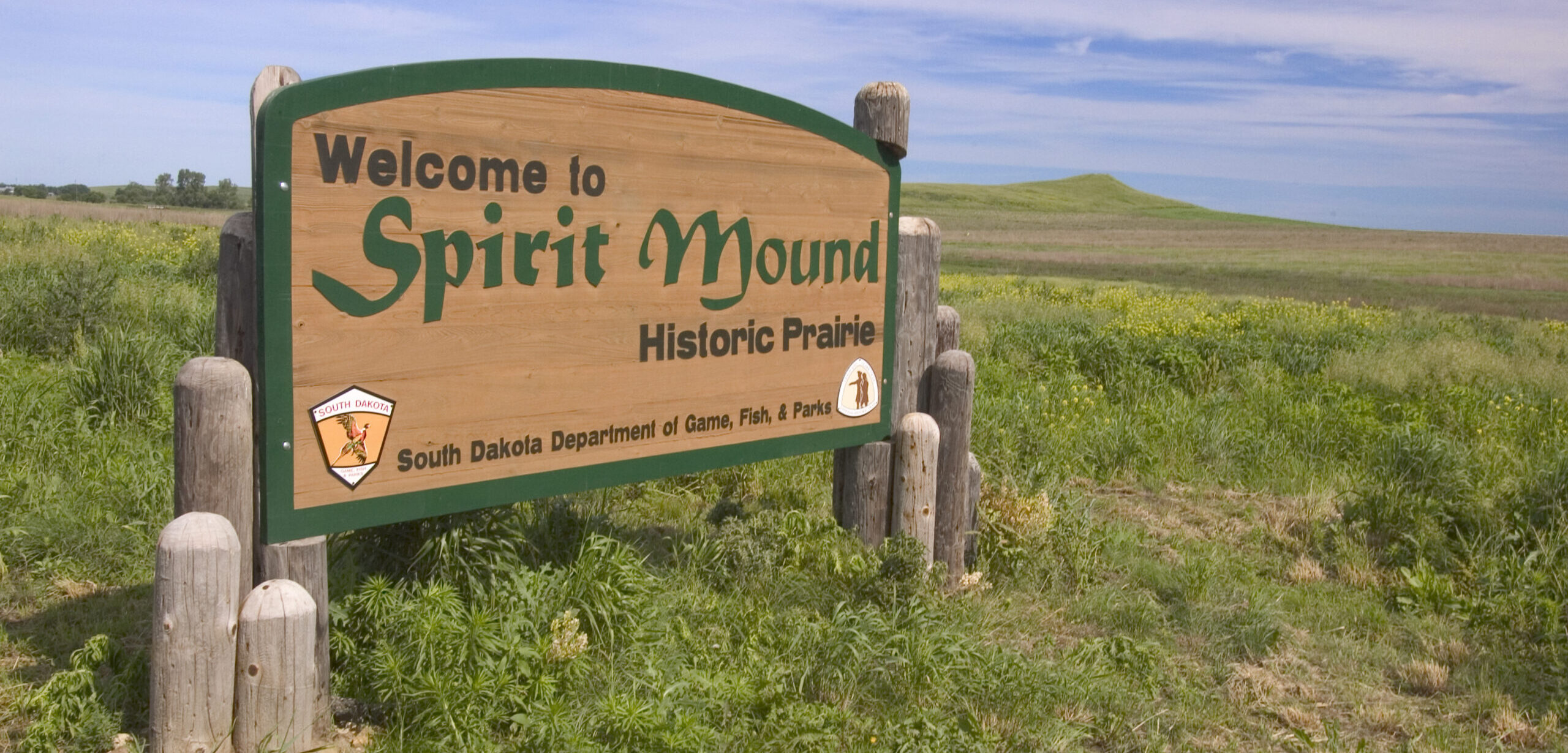
On August 25, 1804, Lewis, Clark, and several of their men walked nine miles to Spirit Mound from their camp on the south bank of the Missouri River. They were determined to see the mound that was so feared by the indigenous people of the area. In his journal Clark explained the legend of Spirit Mound:
“. . . and by the different nations of Indians in this quarter is Suppose to be the residence of Deavels. That they are in human form with remarkable large heads, and about 18 inches high, that they are very watchful and are arm’d with Sharp arrows with which they Can Kill at a great distance; they are Said to kill all persons who are So hardy as to attempt to approach the hill; they state that tradition informs them that many Indians have Suffered by these little people.So much do the Maha [Omaha], Soues [Sioux], Ottoes [Otoes] and other neighboring nations believe this fable, that no Consideration is Sufficient to induce them to approach the hill. One evidence which the Inds give for believing this place to be the residence of some unusial Spirits is that they frequently discover a large assemblage of Birds about this mound . . .”
The intense heat fatigued everyone, especially Lewis’s dog Seaman who was sent back to the river to rest. Finally, Lewis and Clark reached the top of Spirit Mound where they “beheld a most beautiful landscape; Numerous herds of buffalo were seen feeding in various direction; the Plain to the North N.W. and N.E. extends without interruption as far as can be seen.”
Today, Spirit Mound is one of the few remaining physical features on the Upper Missouri River that is readily identifiable as a place Lewis and Clark visited and recorded.
Spirit Mound is a High Potential Historic Site on the Lewis and Clark National Historic Trail.
On August 25, 1804, Lewis, Clark, and ten other men hiked about nine miles north of the Missouri River to visit Spirit Mound. According to Clark, the Omaha, Sioux, and Oto tribes traditionally believed that the hill was inhabited by devils “in human form with remarkable large heads and about 18 Inches high”. They were said to be “Very watchfull” and “arm’d with Sharp arrows with which they Can Kill at a great distance”. The men encountered no such inhabitants, but found a hill “Situated on an elivated plain in a leavel and extensive prarie […] with a Steep assent to the hight of 65 or 70 feet, leaveing a leavel Plain on the top of 12 feet in width & 90 in length”. Clark observed that soil consistencies with the surrounding terrain indicated the “mound” was a natural landform. He wrote of the view, “from the top of this Mound we beheld a most butifull landscape; Numerous herds of buffalow were Seen feeding in various directions, the Plain to North N. W & N E extends without interuption as far as Can be Seen.”
In 1868, European-Americans began to settle in the area. Over time, Spirit Mound was extensively degraded by the impacts of livestock and crop production. By the early 1980s, the landscape was cluttered with over 20 buildings, a feedlot, agricultural fields, roads, fences, and about 1,500 non-native trees. The locally-formed Spirit Mound Trust worked with the Land and Water Conservation Fund to purchase the 320-acre site from private owners, and then donated it to the state of South Dakota for restoration and preservation. The Spirit Mound Historic Prairie was established as a state park in 2001, with a focus on prairie restoration. In 2004, the Spirit Mound Summit Trail was designated as a national recreation trail.
Diverse Meanings – Diverse Cultures
Spirit Mound has taken on a variety of cultural meanings that reflect the beliefs of the diverse peoples that make up the American population. It is an important point of contact between the American Indians and Euro-Americans. It exemplifies a sometimes uneasy fusion of these two major cultural traditions.
Native Meanings – The Mandan
For American Indians, Spirit Mound is both physical location and spiritual place, a place of contact between the natural and the supernatural world. The sacred Turtle Drums of the Mandan were created at Spirit Mound. At Spirit Mound, Lone Man saved the Mandans’ ancestors from a great flood. The first shrine built to commemorate Lone Man’s saving the Mandan was built at Spirit Mound.
Native Meanings – Yankton (Sioux)
For the Yankton (Sioux), Spirit Mound is associated with the Can O’ti na, Little Tree Dwellers/Little People. Long ago two tribes battled to a stalemate. They both sought help from the spirits at Spirit Mound. They tried to manipulate the spirits for their own purposes. Their manipulation failed, but it brought two types of spirits into this world. The larger Spirits moved west to become Sasquatch, but the Can O’ti na stayed in the area and can still be seen there today.
Native Meanings – Lakota (Sioux)
In Lakota (Sioux) tradition, Spirit Mound is also associated with the Can O’ti la. In the distant past, Iktomi (Trickster) persuaded the Raccoon people to try to change their nature. The Can O’ti la are descendants of two modified Raccoon children. As the Can O’ti la grew, they walked upright and used their paws like hands. They also became mischievous and played tricks on men. Men were led astray and sometimes died. Later in time at Spirit Mound, the Can O’ti la were transformed into spirit helpers of men. Spirit Mound is the origin point for the Wo’piye Can O’ti la, the Little Tree Dweller’s Medicine Bundle. This medicine bundle is still in use today by the Lakota of the Dakotas and Nebraska.
This coming together of the American Indians and Euro-American peoples had a downside. At Spirit Mound, the Winged One predicted that the Can O’ti la would be forced away from Spirit Mound when the true children (European-Americans) of the trickster Iktomi arrived. For some, Lewis & Clark’s visit to Spirit Mound marks the beginning of the end of Lakota traditional lifeways.
For more information, visit the Spirit Mound Trust website.
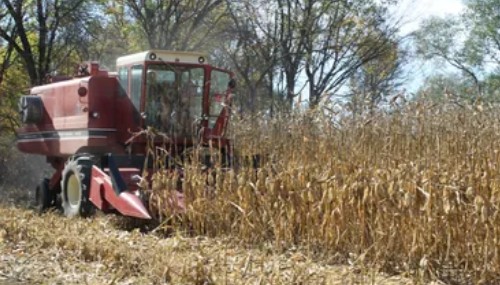
Prairiesun Organic Farm, 316th St, Vermillion, SD, USA
Distance: 5.67 mi (straight line)

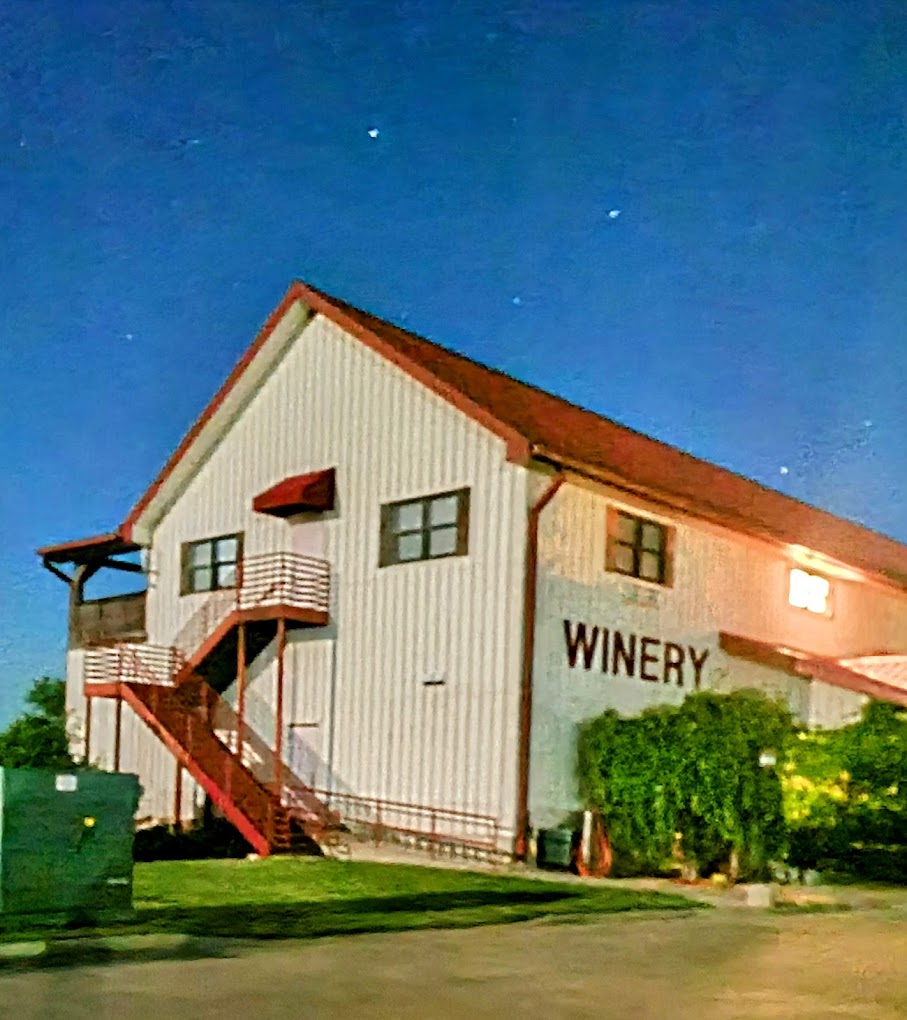
Valiant Vineyards Winery & Distillery, West Main Street, Vermillion, SD, USA
Distance: 5.98 mi (straight line)
Breweries and Distilleries Farms Food and Drinks Outdoor Experiences

National Music Museum, E Clark St, Vermillion, SD, USA
Distance: 6.40 mi (straight line)
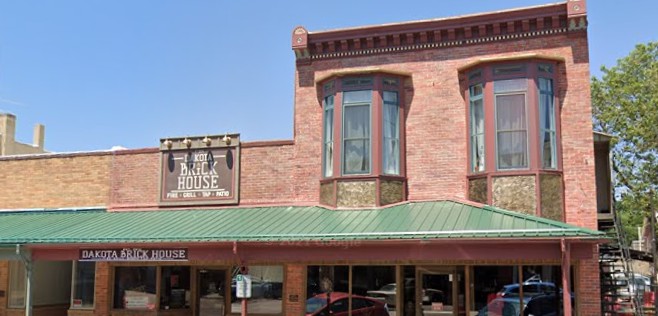
Dakota Brick House, West Main Street, Vermillion, SD, USA
Distance: 6.46 mi (straight line)
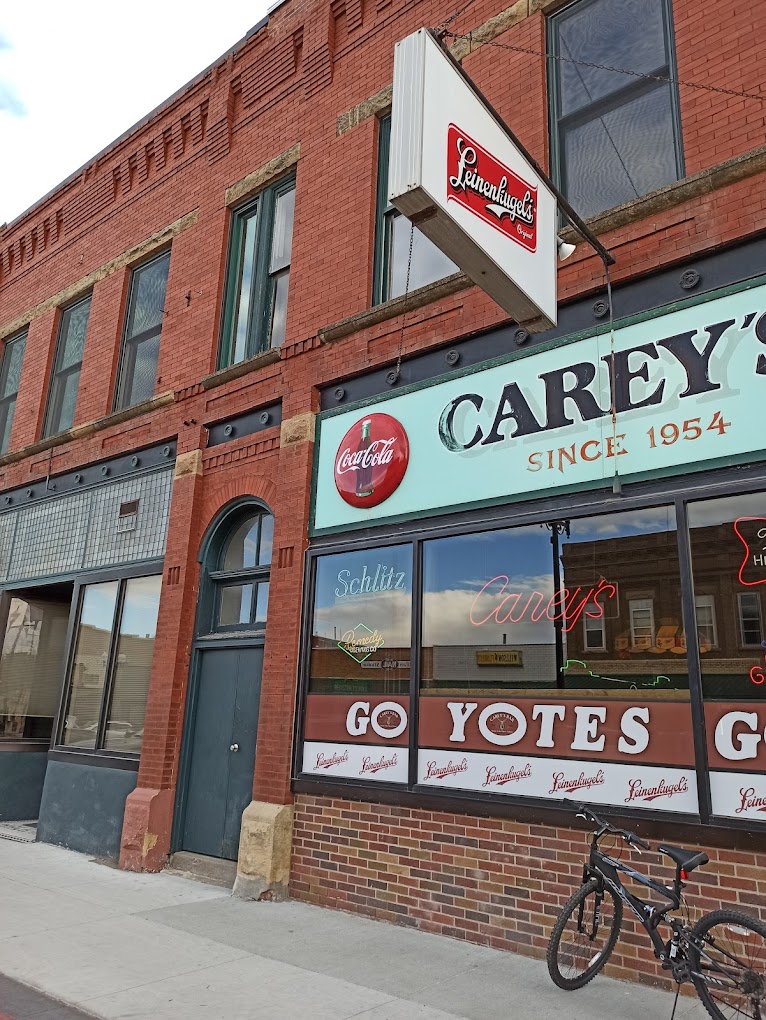
Carey's Bar, West Main Street, Vermillion, SD, USA
Distance: 6.48 mi (straight line)

Cee Cee's 605 Scratch Kitchen & Bar, East Main Street, Vermillion, SD, USA
Distance: 6.50 mi (straight line)
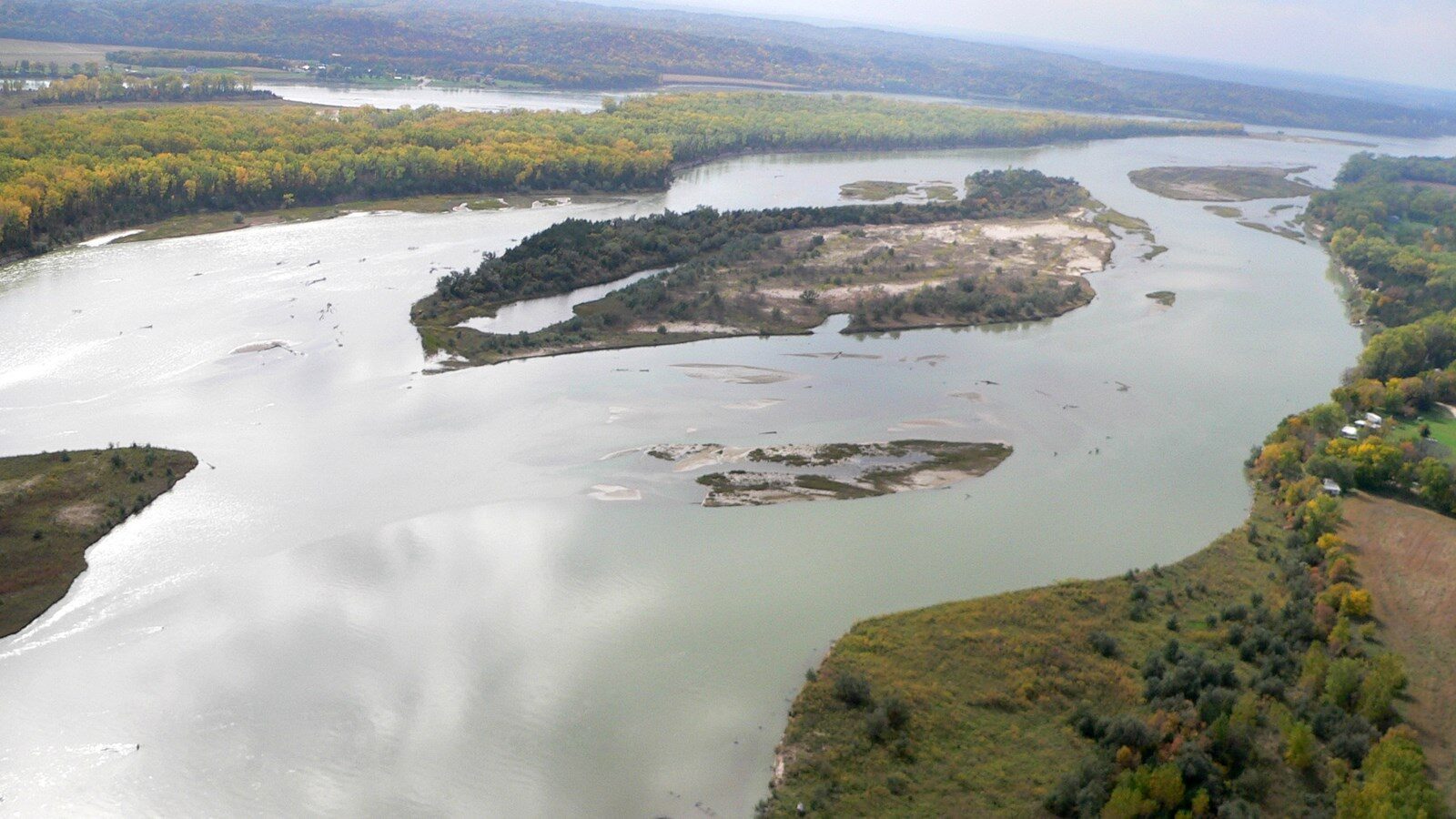
Goat Island, Nebraska, USA
Distance: 8.05 mi (straight line)

Bow Creek Recreation Area, Unnamed Rd, Wynot, NE, USA
Distance: 10.22 mi (straight line)
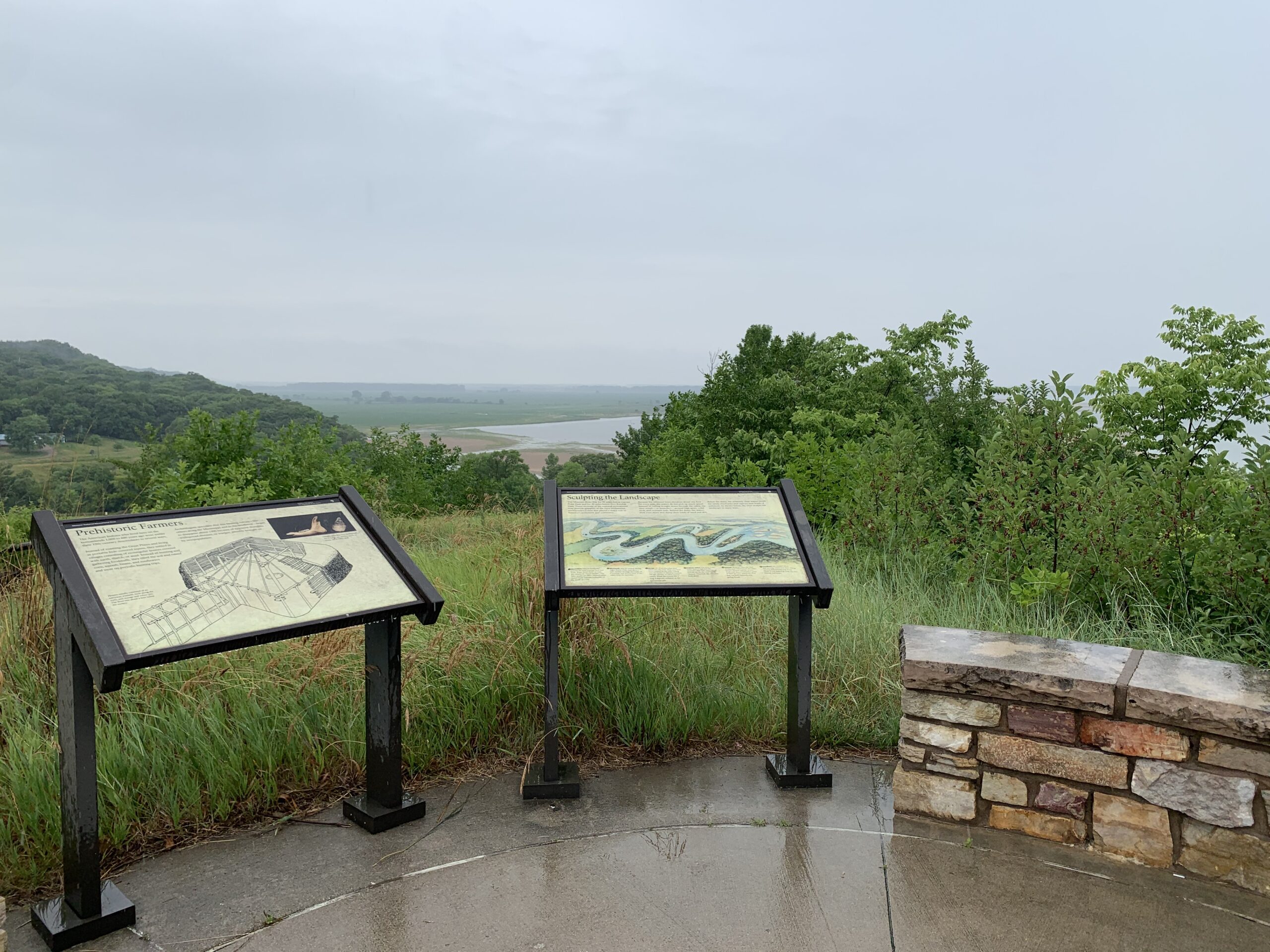
Mulberry Bend Overlook, State Highway 15, Newcastle, NE, USA
Distance: 10.53 mi (straight line)
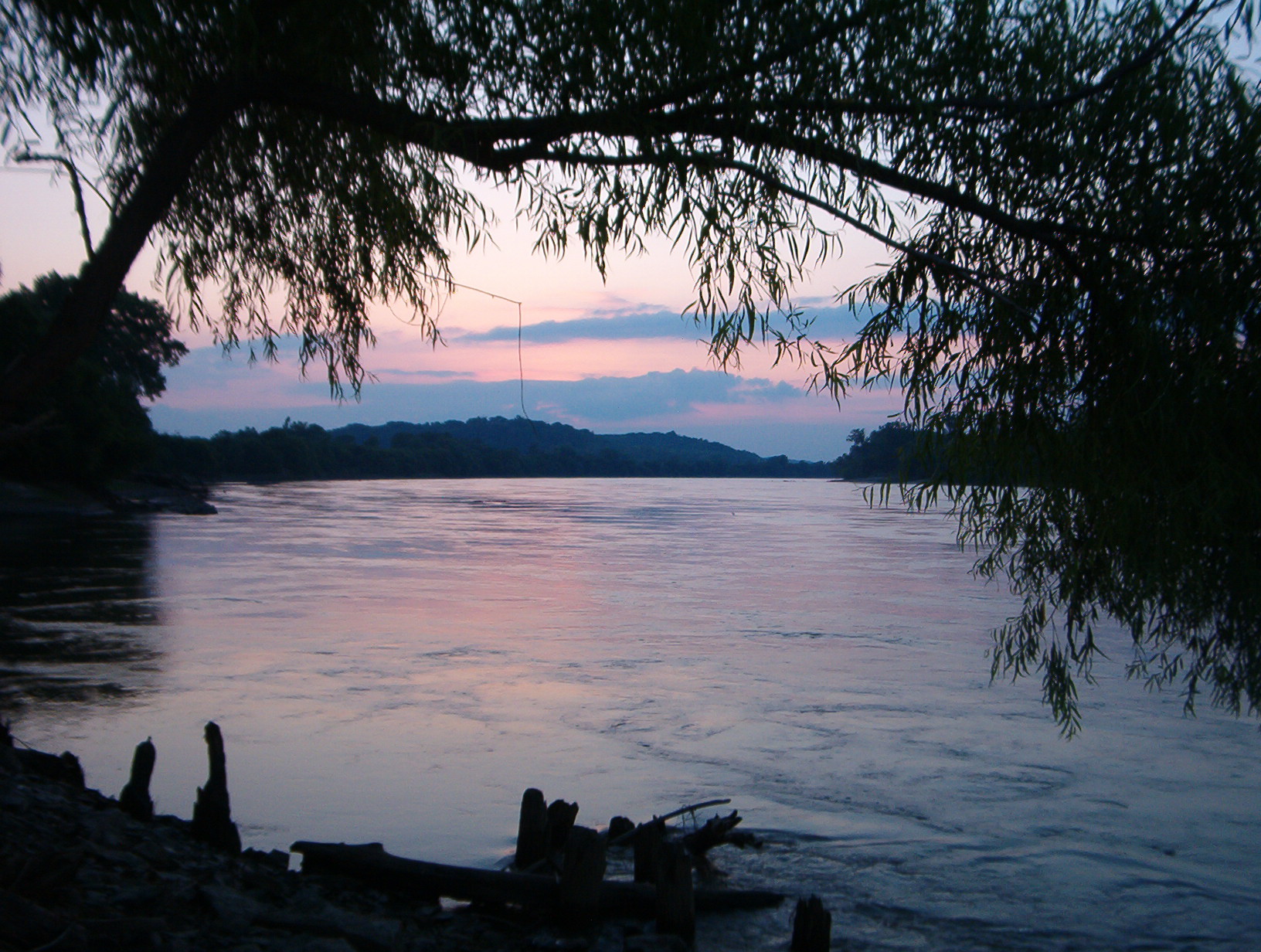
Missouri River Rafting, 450th Avenue, Gayville, SD, USA
Distance: 11.04 mi (straight line)
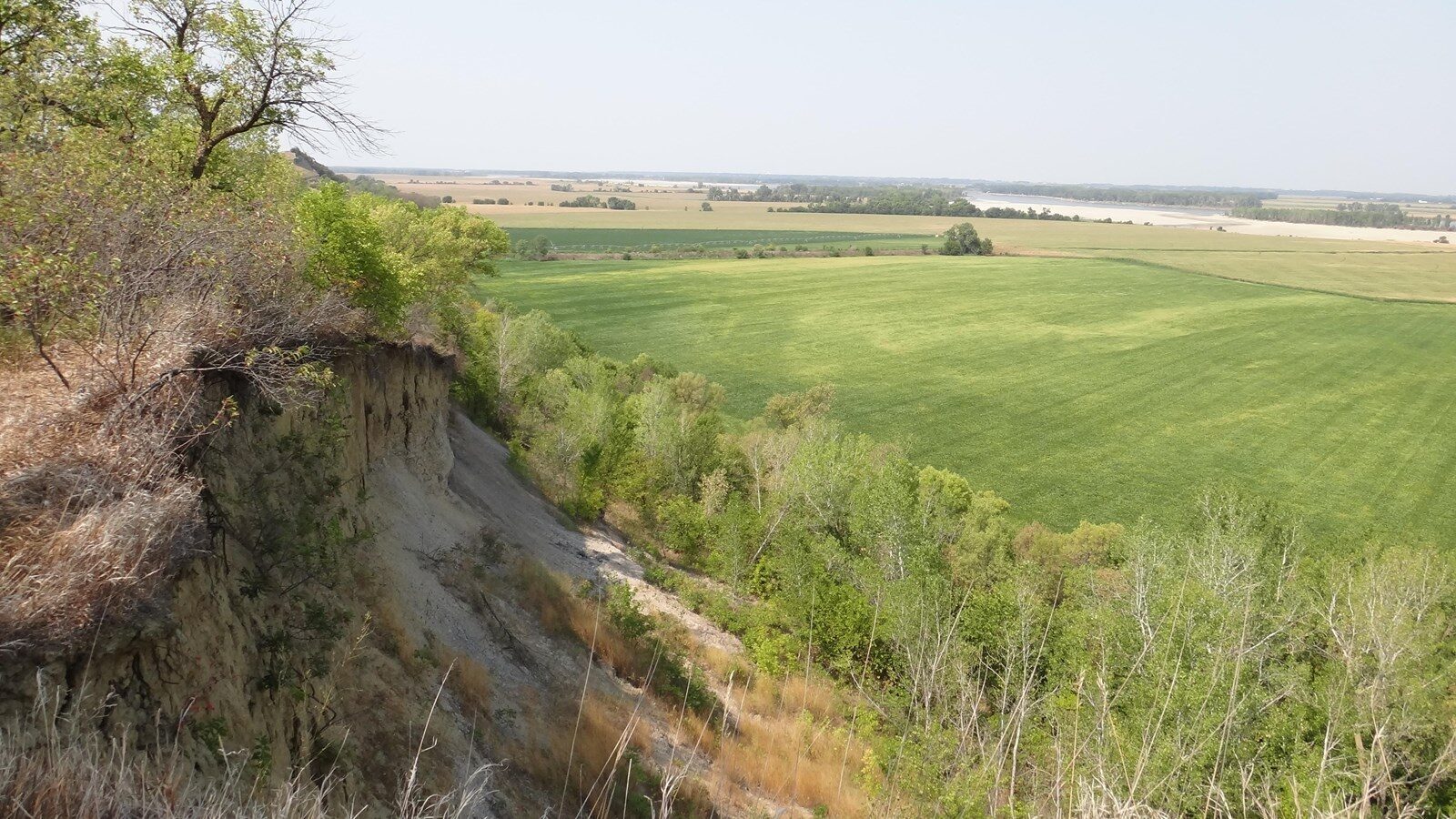
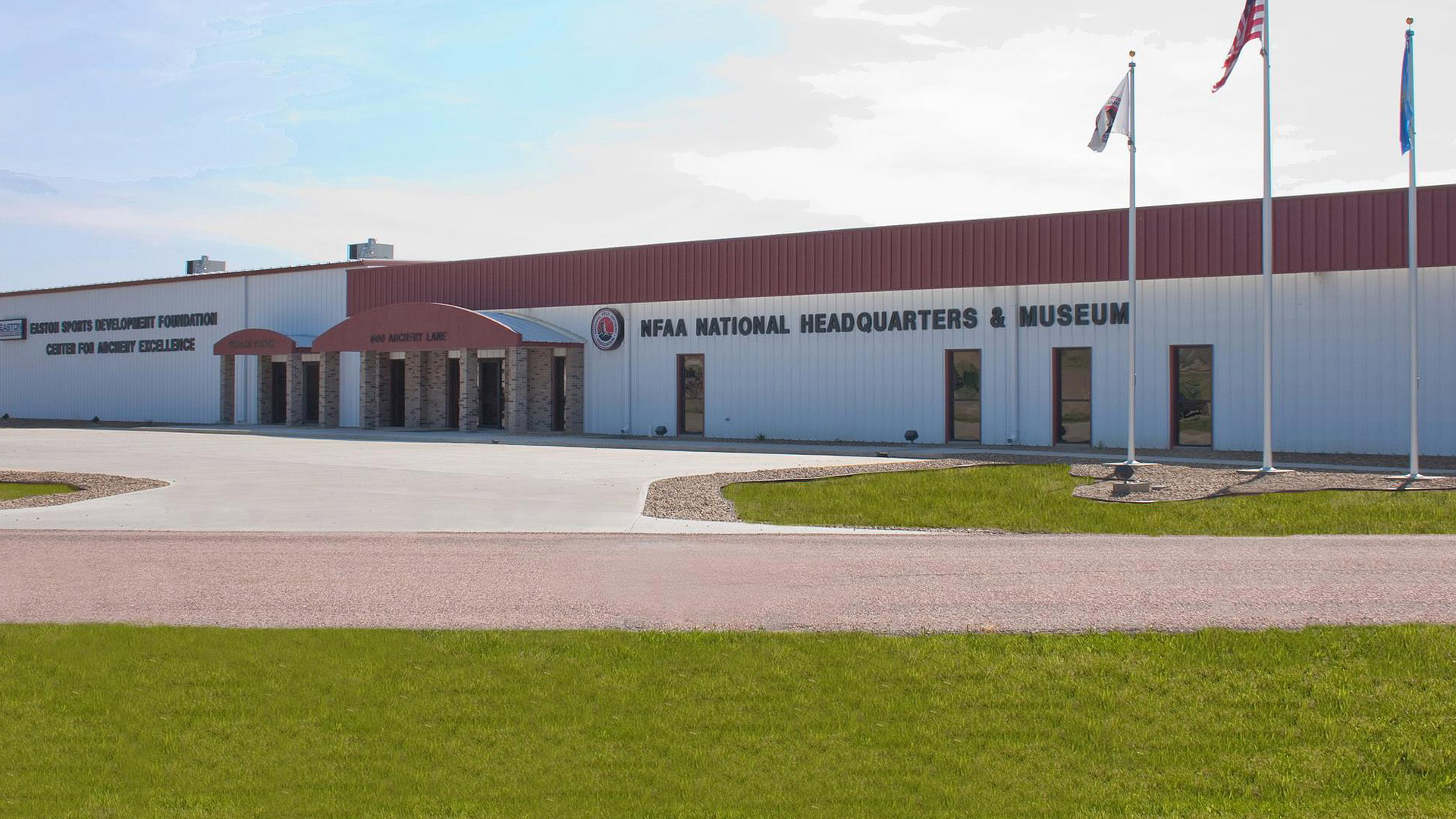
NFAA Easton Yankton Archery Center, Archery Lane, Yankton, SD, USA
Distance: 19.31 mi (straight line)
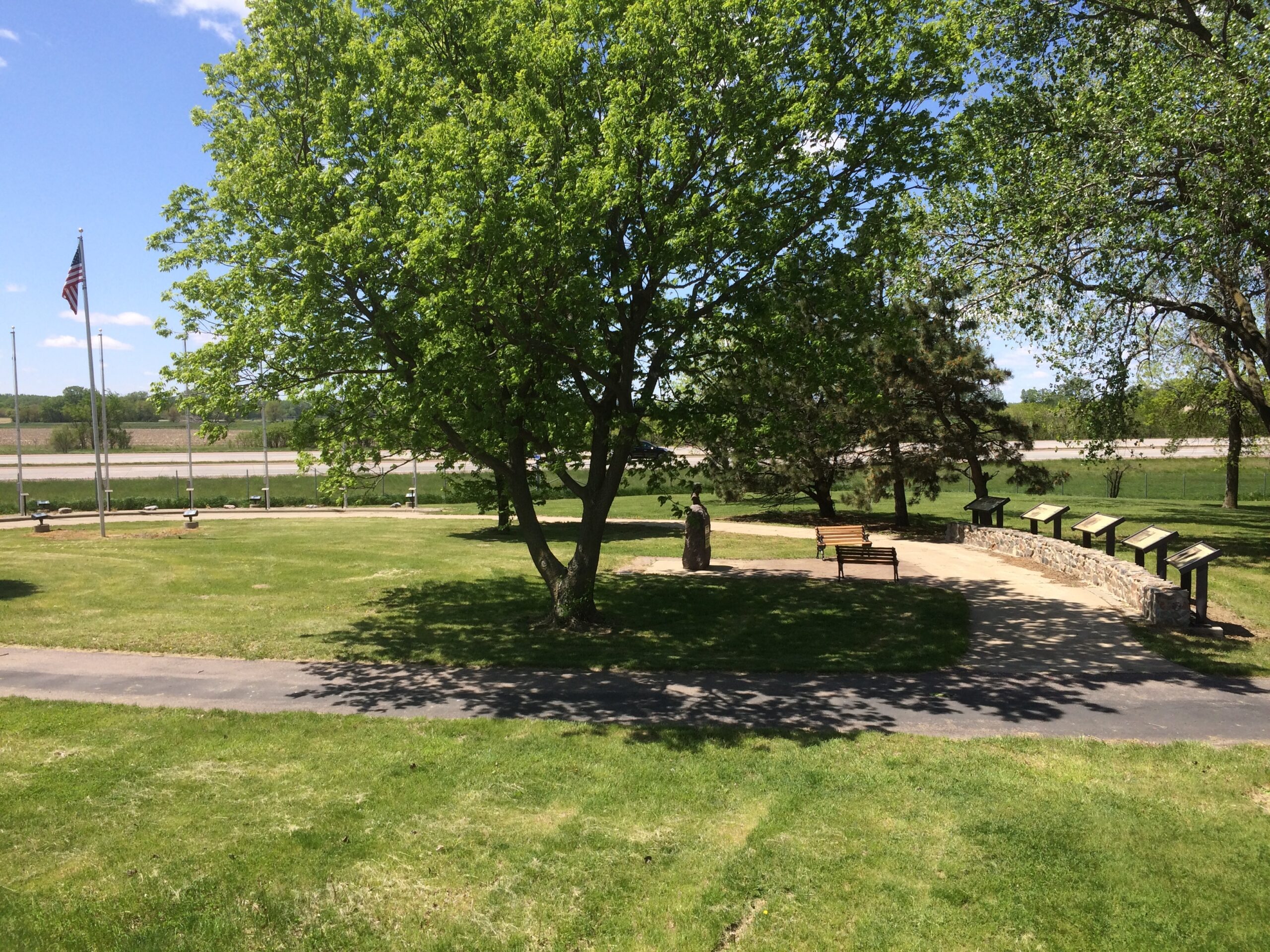
Heritage Park, South Harrison Street, Elk Point, SD, USA
Distance: 19.36 mi (straight line)

Riverside Park, Levee Street, Yankton, SD, USA
Distance: 20.37 mi (straight line)
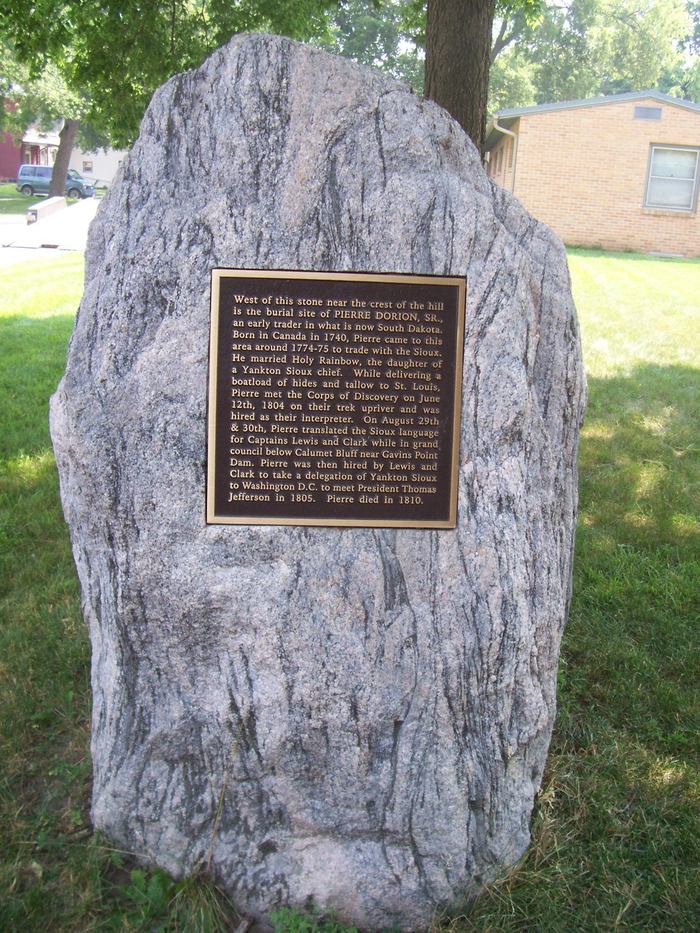
W Riverside Dr & W 2nd St, Yankton, SD 57078, USA
Distance: 21.03 mi (straight line)


Elk Cabin, 88090 Spur 26 E, Ponca, NE 68770, USA
Distance: 23.36 mi (straight line)
Museums and Interpretive Centers Outdoor Experiences Viewpoints
Our bi-weekly newsletter provides news, history, and information for those interested in traveling along along the Lewis & Clark Trail.